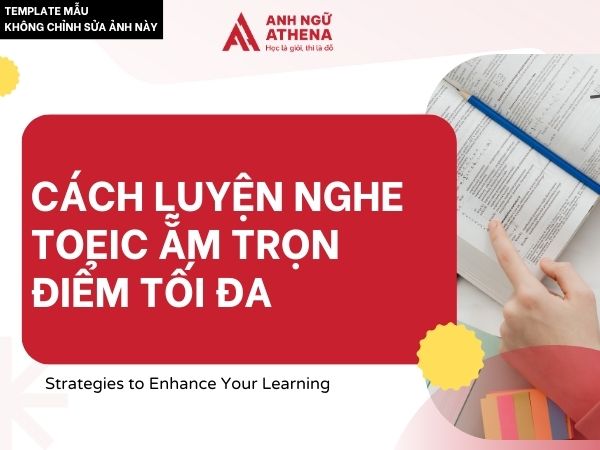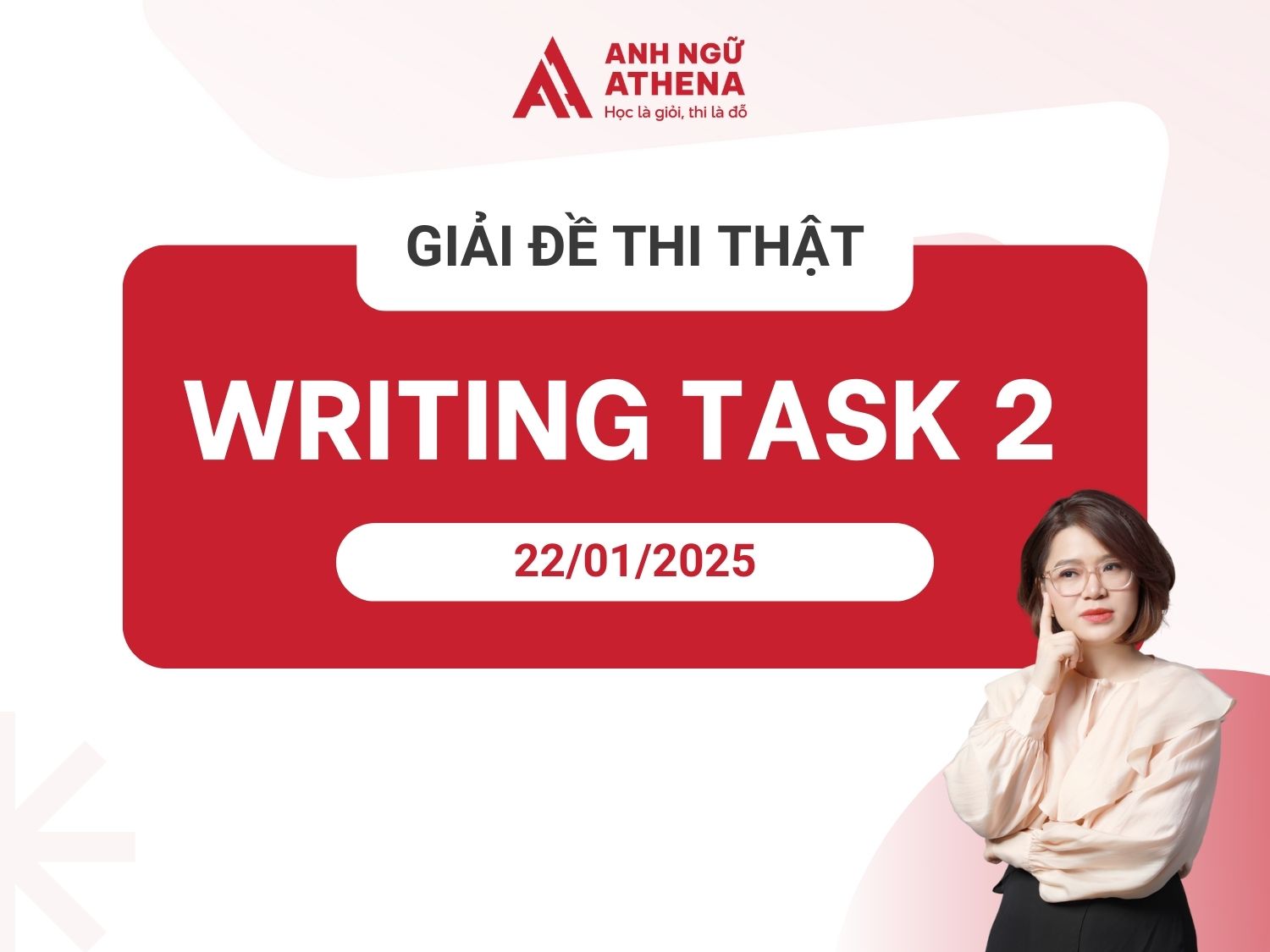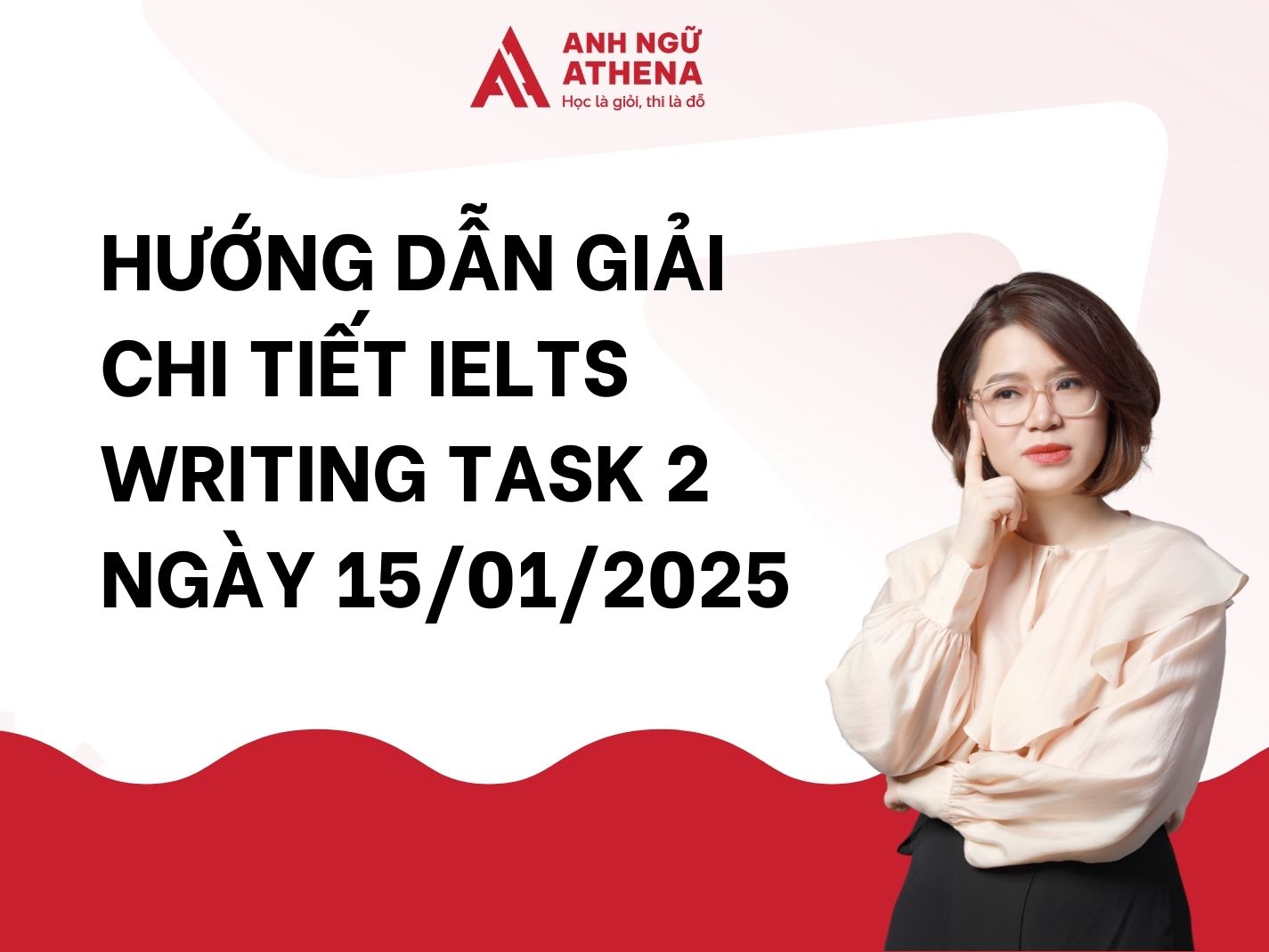Đề bài
Despite better access to education, many adults today still can not read or write. In what ways are they disadvantage? What can governments do to help them?
Phân tích đề
Dạng bài: Discussion/Discuss the consequences and solutions for a phenomenon
Keywords: better access to education/many adults/cannot read or write
Yêu cầu của đề bài
- Bài đưa ra quan điểm về việc vẫn còn có nhiều người trưởng thành không biết đọc và viết, dù giáo dục ngày nay đã trở nên dễ tiếp cận hơn
- Đề bài yêu cầu người viết thảo luận về các hậu quả có thể, cũng như gợi ý một số giải pháp cho hiện tượng này
Brainstorm
Possible consequences of illiterate adults in society nowadays:
- Hinder personal and professional growth: struggle in everyday’s activities, including communicating and understanding other people.
- Illiterate people also find it hard to apply for a job position.
- Social isolation: Difficulty in reading and writing can lead to social isolation and reduced interaction with the community.
- Their health conditions are also at stake
Possible solutions from the government:
- Cover illiteracy rate firstly: fund community classrooms to teach basic readings and writings to this group of people
- Community involvement: Encourage community participation in literacy programs to foster a supportive environment.
- Create incentives to encourage illiterate people to learn.
Dàn bài
Introduction
- Paraphrase the topic
- State the writer’s viewpoint: Briefly mention possible disadvantages and solutions to this phenomenon.
Body 1: Possible consequences of adult illiteracy
- Personal life
- Disruption in almost everyday activities, including communicating and understanding people around
- Social isolation: Difficulty in reading and writing can lead to social isolation and reduced interaction with the community.
- Health risks
- Professional life
- Job security: people who can’t read or write would find it hard to apply for a job
- Reduced productivity: A less educated workforce can hinder economic growth and development.
Body 2: Possible solutions from the government
- Erase illiteracy rate firstly: fund community classrooms to teach basic readings and writings to this group of people
- Foster community involvement: Encourage community participation in literacy programs to create a supportive environment.
- Create incentives to encourage illiterate people to learn
Conclusion
- Briefly summarize the writer’s main arguments
- Restate the writer’s opinions on the matter
Sample
In an era characterized by popularized access to education, it is paradoxical that a significant portion of the adult population remains illiterate. In spite of advancements in international literacy rates, countless individuals still struggle with basic reading and writing skills. This essay will examine the detrimental impacts of adult illiteracy on individuals and society, as well as explore potential governmental interventions to address this alarmingly pressing issue.
By and large, adult illiteracy would leave considerable aftermath on an individual level and society as a whole. Looking from a personal perspective, the inability to read or write severely hampers daily life. Such simple tasks like following instructions, filling out forms, or understanding public notices are now converted into a daunting challenge. Also, difficulties in comprehending other people around them often give way to social isolation, causing this group of people to be marginalized. Moreover, illiteracy is also a formidable barrier in terms of profession. Job security is elusive for those unable to read job applications or understand work instructions, as the bare minimum requirement for workers nowadays is highschool graduation. Consequently, limited employment opportunities contribute to a less educated workforce, hindering economic growth and development.
In dealing with this social phenomenon, the pivotal role of the government is undeniable. Initially, substantial funding should be allocated to establish community-based classrooms to teach fundamental reading and writing skills to this minority group. By creating accessible learning environments within their communities, governments can significantly lower barriers to education. Furthermore, fostering community involvement is essential. Encouraging civic engagement in literacy programs as volunteers or mentors can create a supportive network that motivates learners, as well as eradicate the invisible hurdle between them. To incentivize participation, governments could offer tangible benefits such as vocational training programs, healthcare discounts, or ensuring job opportunities for individuals who successfully complete literacy programs. These combined efforts can empower illiterate adults to become active and contributing members of society.
In conclusion, the fight against illiteracy is yet to settle permanently, since there remains an uncertain future of illiterate people in society. However, if joint effort between citizens and the government was successfully observed in social programs, the prospect of a fully-educated community in the upcoming decades is guaranteed.
Wordcount: 367 words
Vocab
| Từ vựng | Nghĩa |
|---|---|
| paradoxical /ˌpærəˈdɒksɪkᵊl/ (adj) | nghịch lý |
| literacy rates /ˈlɪtᵊrəsi reɪts/ (n) | tỷ lệ biết chữ |
| aftermath /ˈɑːftəmæθ/ (n) | hậu quả |
| daunting challenge /ˈdɔːntɪŋ ˈʧælɪnʤ/ (n) | thử thách khó khăn |
| social isolation /ˈsəʊʃᵊl ˌaɪsəˈleɪʃᵊn/ (n) | sự cô lập xã hội |
| marginalized /ˈmɑːʤɪnᵊlaɪzd/ (adj) | bị gạt ra ngoài lề xã hội |
| formidable barrier /fɔːˈmɪdəbᵊl ˈbæriə/ (n) | rào cản nguy hiểm |
| elusive /ɪˈluːsɪv/ (adj) | khó nắm được |
| bare minimum /beə ˈmɪnɪməm/ (phrase) | điều tối thiểu |
| social phenomenon /ˈsəʊʃᵊl fəˈnɒmɪnən/ (n) | hiện tượng xã hội |
| substantial funding /səbˈstænʃᵊl ˈfʌndɪŋ/ (n) | ngân sách đáng kể |
| community-based classrooms /kəˈmjuːnəti-beɪst ˈklɑːsruːmz/ (n) | các lớp học dựa vào cộng đồng |
| minority group /maɪˈnɒrəti ɡruːp/ (n) | nhóm thiểu số |
| lower barriers /ˈləʊə ˈbæriəz/ (v) | xóa bớt rào cản |
| community involvement /kəˈmjuːnəti ɪnˈvɒlvmənt/ (n) | sự tham gia của cộng đồng |
| civic engagement /ˈsɪvɪk ɪnˈɡeɪʤmənt/ (n) | sự tham gia của công dân |
| invisible hurdle /ɪnˈvɪzəbᵊl ˈhɜːdᵊl/ (n) | rào cản vô hình |
| incentivize /inˈsen(t)əˌvīz/ (v) | tạo động lực |
| tangible benefits /ˈtænʤəbᵊl ˈbɛnɪfɪts/ (n) | những lợi ích thấy được |
Bài dịch
Trong một thời đại được đặc trưng bởi việc phổ cập tiếp cận giáo dục, thật nghịch lý khi một bộ phận đáng kể dân số trưởng thành vẫn mù chữ. Bất chấp những tiến bộ trong tỷ lệ biết chữ toàn cầu, vô số người vẫn đang vật lộn với các kỹ năng đọc viết cơ bản. Bài luận này sẽ xem xét những tác động tiêu cực của mù chữ ở người trưởng thành đối với cá nhân và xã hội, cũng như khám phá các biện pháp can thiệp của chính phủ tiềm năng để giải quyết vấn đề cấp bách này.
Nhìn chung, mù chữ ở người trưởng thành sẽ để lại hậu quả đáng kể ở cấp độ cá nhân và toàn xã hội. Nhìn từ góc độ cá nhân, không biết đọc, viết gây trở ngại nghiêm trọng cho cuộc sống hàng ngày. Những công việc đơn giản như làm theo hướng dẫn, điền đơn hoặc hiểu thông báo công cộng giờ đây trở thành một thách thức đáng sợ. Ngoài ra, khó khăn trong việc hiểu người khác xung quanh thường dẫn đến cô lập xã hội, khiến nhóm người này bị gạt ra khỏi lề xã hội. Hơn nữa, mù chữ cũng là một rào cản lớn về mặt nghề nghiệp. An ninh việc làm là điều mơ hồ đối với những người không thể đọc đơn xin việc hoặc hiểu hướng dẫn công việc, vì yêu cầu tối thiểu đối với người lao động ngày nay là tốt nghiệp trung học. Do đó, cơ hội việc làm hạn chế góp phần vào việc tạo ra một lực lượng lao động không được giáo dục, cản trở tăng trưởng và phát triển kinh tế.
Trong việc giải quyết hiện tượng xã hội này, vai trò quan trọng của chính phủ là không thể phủ nhận. Ban đầu, nên phân bổ đáng kể ngân sách để thành lập các lớp học dựa vào cộng đồng để dạy các kỹ năng đọc viết cơ bản cho nhóm yếu thế này. Bằng cách tạo ra môi trường học tập dễ tiếp cận trong cộng đồng của họ, chính phủ có thể giảm đáng kể rào cản đối với giáo dục. Hơn nữa, thúc đẩy sự tham gia của cộng đồng là điều cần thiết. Khuyến khích sự tham gia của công dân vào các chương trình xóa mù chữ với tư cách là tình nguyện viên hoặc cố vấn có thể tạo ra một mạng lưới hỗ trợ thúc đẩy người học, cũng như xóa bỏ rào cản vô hình giữa họ. Để khuyến khích tham gia, chính phủ có thể cung cấp các lợi ích hữu hình như chương trình đào tạo nghề, giảm giá chăm sóc sức khỏe hoặc đảm bảo cơ hội việc làm cho những người hoàn thành thành công các chương trình xóa mù chữ. Những nỗ lực kết hợp này có thể trao quyền cho người lớn mù chữ trở thành những thành viên tích cực và đóng góp cho xã hội.
Kết luận, cuộc chiến chống mù chữ vẫn chưa được giải quyết vĩnh viễn, vì tương lai của những người mù chữ trong xã hội vẫn còn nhiều bất ổn. Tuy nhiên, nếu nỗ lực chung giữa công dân và chính phủ được quan sát thành công trong các chương trình xã hội, triển vọng của một cộng đồng giáo dục đầy đủ trong những thập kỷ tới được đảm bảo.
Xem thêm





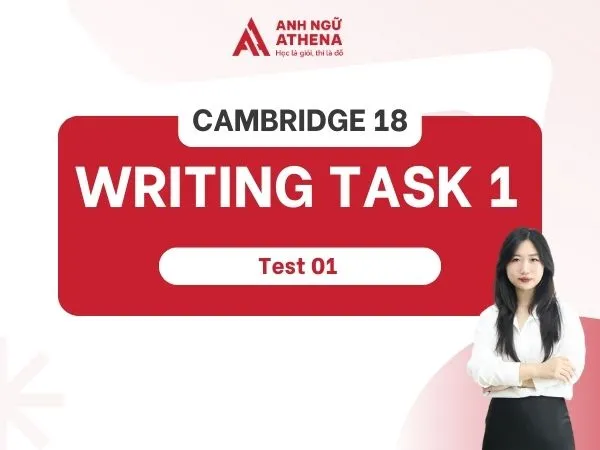







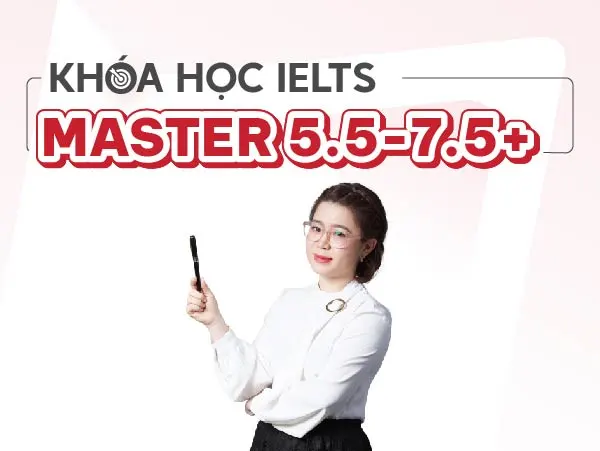
![[Cập nhật] Lịch thi TOEIC 2025 Quý 1 tại IIG Việt Nam](https://anhnguathena.vn/upload/ban-sao-cua-template-bai-viet-seo-6.png?v=1.0.0)

